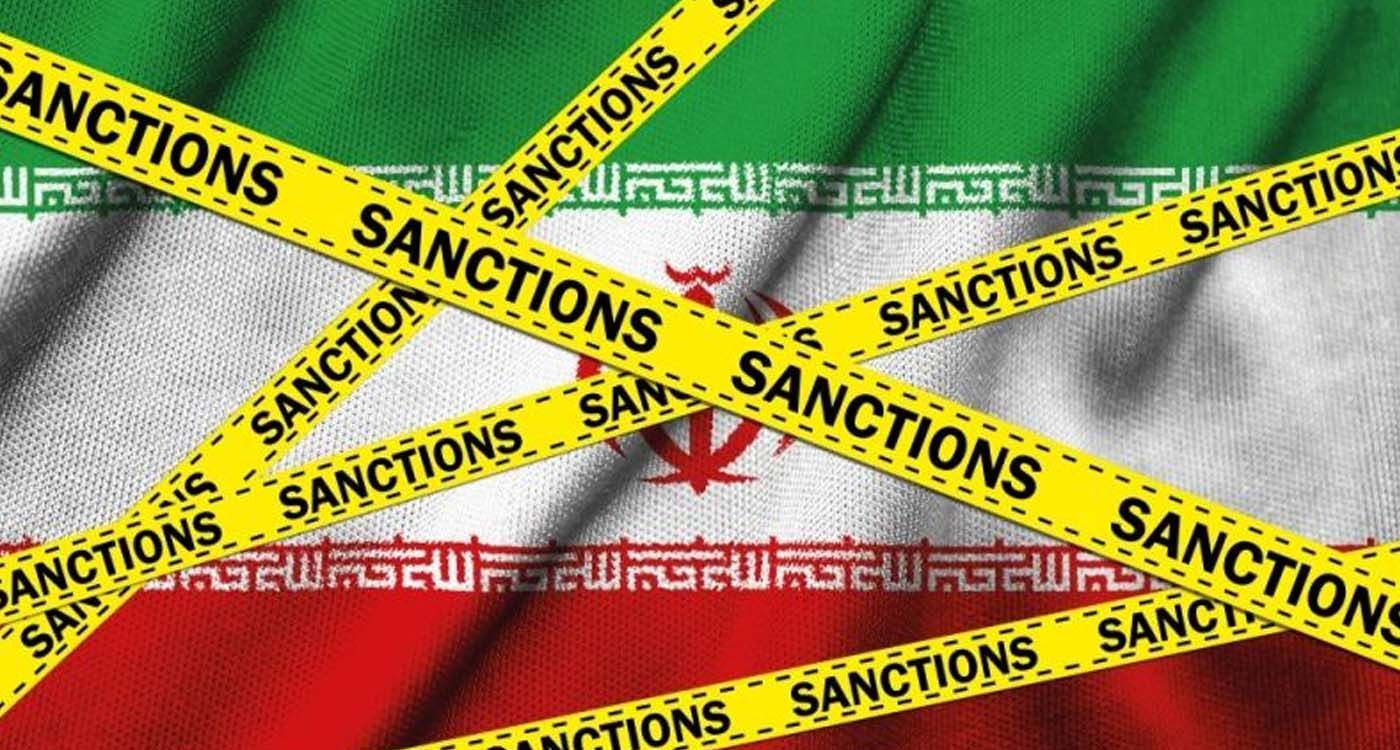- Home
- Middle East
- International Sanctions: Mechanisms, Loopholes and Limits

©Shutterstock
Despite a major military setback suffered by the Iran-aligned axis in its war against Israel and the sanctions imposed on it, Hezbollah reportedly continues to receive $60 million per month in transfers from Iran. That is according to US envoy Thomas Barrack, who made the claim on September 22 in an interview with Sky News. In this context, a recent US Treasury mission visited Beirut to assess how effectively sanctions aimed at curbing Hezbollah’s funding are being enforced.
The situation raises a broader question: What exactly are sanctions, how do they work and why do some countries or entities manage to evade them so easily? From types of sanctions and enforcement mechanisms to evasion strategies, it is worth revisiting this central tool of international policy, whose effectiveness is increasingly under scrutiny.
International Sanctions
In diplomatic and legal terms, a sanction is a restrictive measure imposed on a state, group or individual to change behavior deemed dangerous or illegal. Sanctions may be adopted by multilateral bodies such as the United Nations Security Council, regional organizations like the European Union or unilaterally by individual states such as the United States.
Contrary to popular belief, sanctions are not always punitive. They can be preventive, to block certain actions; coercive, to compel change; or symbolic, to send a political message. In every case, they are grounded in law, often tied to violations of international law, human rights abuses or threats to regional or global security.
Types and Targets of Sanctions
Sanctions take various forms depending on the context.
The most common are financial sanctions, which freeze the assets of specific individuals or entities or bar any transactions with them. A notable example is Russian banks and oligarchs close to the Kremlin, whose assets seized abroad since Russia’s 2022 invasion of Ukraine total around $300 billion, mostly in Europe.
Trade sanctions include embargoes on strategic goods such as weapons, dual-use technologies or oil. Examples include the US arms embargo on Iran, in place since the 1979 revolution, and the restrictions imposed by the Trump administration on semiconductors destined for China amid the ongoing US-China tech rivalry.
Travel bans can target political, military or economic figures, while sectoral sanctions affect entire parts of a country’s economy – energy, finance or transport – to weaken its capabilities. Diplomatic sanctions may go as far as severing official relations.
Sanctions are usually described as “targeted” to limit collateral damage to civilians. However, their effectiveness depends less on their type than on how rigorously they are enforced and how easily they can be circumvented.
Indirect Channels and Transit Countries
The example of Hezbollah’s continued funding despite sanctions highlights the system’s limitations.
A common method is the use of shell companies and nominees to conceal the true beneficiary. Embargoed goods can also pass through third countries, where they are relabeled or re-exported to obscure their origin. Transactions may go through opaque banks outside Western oversight or rely on cryptocurrencies and alternative financial networks.
Countries such as Russia, Iran and Venezuela also export much of their energy via “ghost fleets” – networks of often old, unregistered vessels without insurance that change flags and turn off automatic identification systems (AIS) to evade tracking. Oil is frequently transferred ship-to-ship at sea. According to Bloomberg, these invisible ships generated nearly $20 billion for Iran in 2024.
These channels are difficult to monitor, particularly since some countries profit from them through transit fees, banking commissions or diplomatic leverage with sanctioned powers. Circumvention can be economically or politically profitable, but it carries risks, especially for UN member states. Some countries also question the legitimacy of certain sanctions, particularly those unilaterally imposed by the US, and may selectively enforce them or ignore them altogether.
Targeted Responses Rarely Foolproof
In response to attempts to evade sanctions, states and international organizations work to tighten their measures. This includes the use of secondary sanctions, which target not only the originally sanctioned entities but also those who assist them, even in third countries.
The United States has been particularly active, threatening to cut access to the dollar or the SWIFT banking system for any institution that cooperates with sanctioned entities.
Sanctions are coordinated through forums such as the UN, the G7 or ad hoc coalitions to harmonize measures and limit exceptions. Committees and expert panels often monitor compliance and issue recommendations, while information sharing between national agencies, including intelligence and financial authorities, strengthens coordination and helps detect violations.
Despite these efforts, no sanction regime is completely foolproof. In a globalized world with dozens of jurisdictions, diverse political systems and varying enforcement tools, gaps inevitably exist and are frequently exploited.
The case of Tehran and its allies demonstrates that even heavy and coordinated sanctions cannot entirely halt financial or logistical flows. Sanctions remain a vital instrument of modern diplomacy, but their effectiveness relies on political pressure, technical enforcement and international cooperation. In some instances, military action cannot be ruled out. In the realm of sanctions, the reality on the ground often surpasses the legal framework.
Read more




Comments